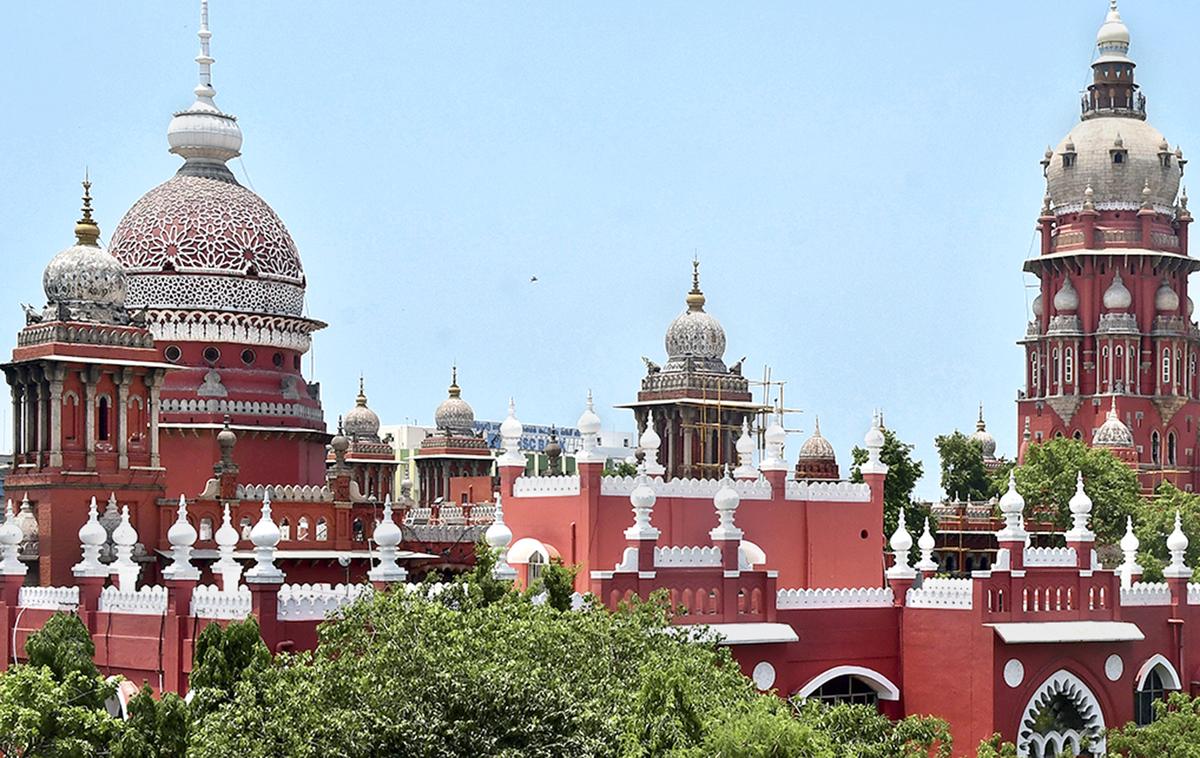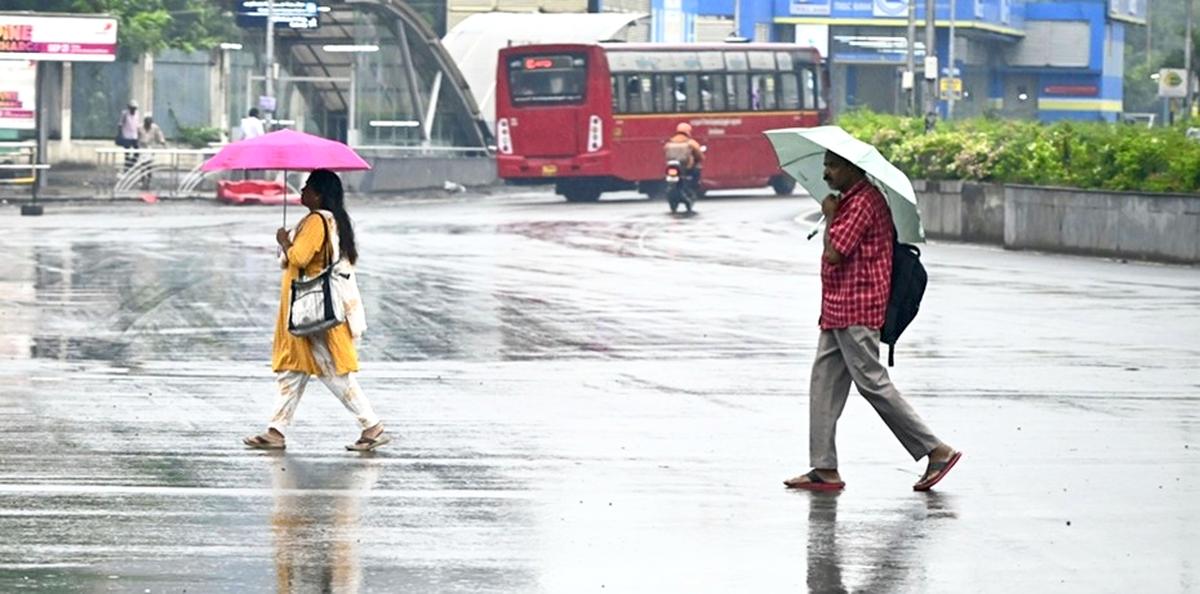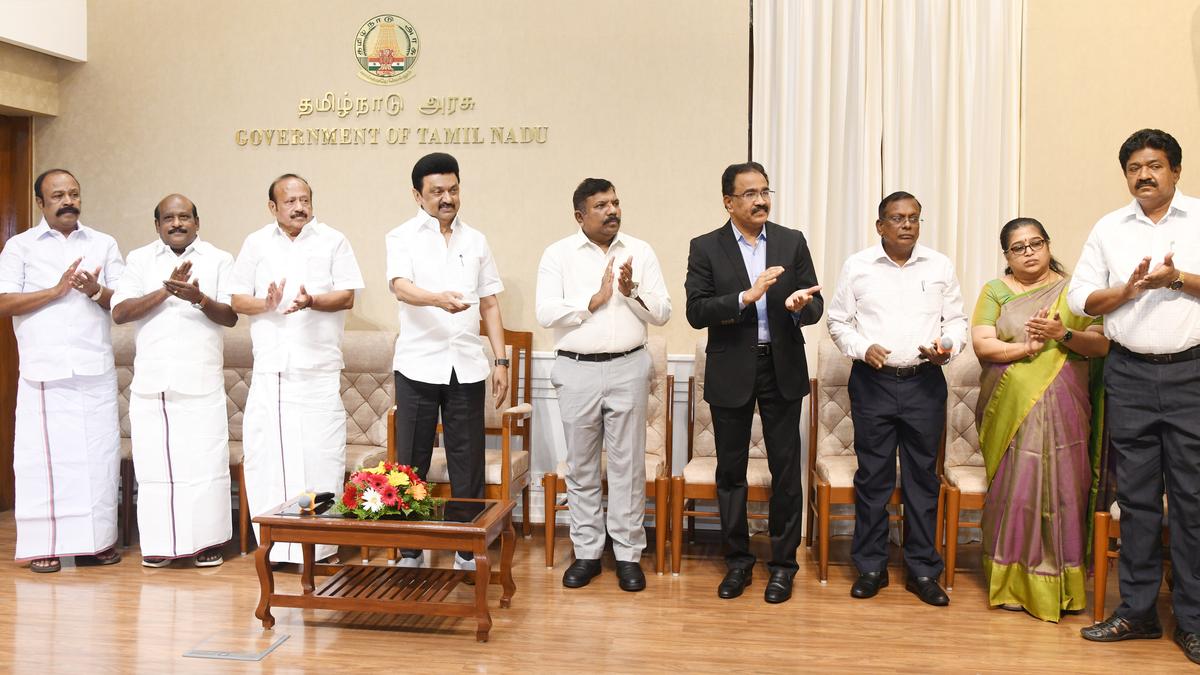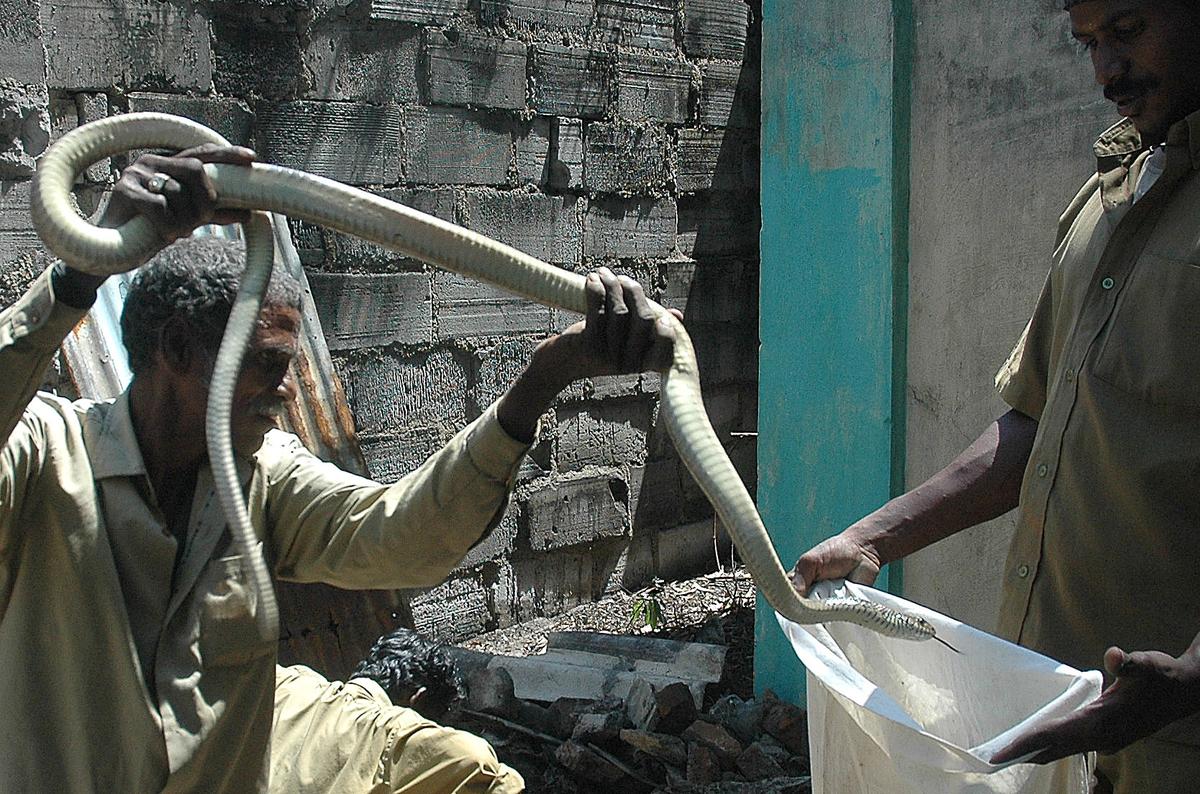Home / tamil-nadu / Madras High Court Takes Landmark Decision to Maint
Madras High Court Takes Landmark Decision to Maint
By: My India Times
2 minutes read 64Updated At: 2024-11-09

In a progressive move aimed at enhancing the efficiency of the judiciary, the Madras High Court has decided to maintain a live database of its retired judges. This decision, announced on November 8, 2024, by the court’s first Division Bench comprising Chief Justice K.R. Shriram and Justice Senthilkumar Ramamoorthy, will have far-reaching implications for the management of judicial resources in the state.
The Need for a Live Database
The decision to maintain a comprehensive and continuously updated database of retired judges comes in response to growing concerns over the backlog of cases in the court system. Public interest litigant Rajendra Krishnan had highlighted the pressing need for such a database to facilitate the efficient appointment of ad hoc judges when required. This move comes at a time when judicial backlogs have become a critical issue, affecting the timely delivery of justice to millions of citizens.
With 13 judges set to retire in 2025 alone, the Madras High Court's proactive approach is seen as a step towards tackling these challenges. A live database will allow the court to efficiently tap into the expertise of retired judges, enabling the court to engage them as ad hoc judges, should the need arise. This initiative will not only address the issue of backlog but also make use of the seasoned experience of retired judges to streamline court proceedings.
The Importance of Ad Hoc Judges
Ad hoc judges are often appointed in times of judicial crisis or when there is a shortage of judges to handle the growing volume of cases. By creating a database of retired judges, the Madras High Court ensures that it can quickly access qualified candidates, thus avoiding delays in case processing. Moreover, this will allow the court to maintain continuity in its judgments, as these experienced judges are already familiar with the state’s legal landscape and can bring a wealth of knowledge to the bench.
Addressing Backlog and Ensuring Justice for All
The growing judicial backlog has been a long-standing issue in India, with courts across the country struggling to clear pending cases. The decision to maintain a live database of retired judges is seen as an innovative solution to this problem, especially at a time when the Indian judicial system is under significant strain. The Madras High Court’s move is expected to serve as a model for other high courts in India, encouraging them to adopt similar strategies for judicial resource management.
This initiative is part of a larger effort to enhance transparency, efficiency, and access to justice in India. With the help of a live database, the Madras High Court hopes to streamline the judicial process, ensuring that the delivery of justice is not impeded by administrative delays.
A Step Towards Modernization
The decision to digitize and maintain such a database reflects the Madras High Court’s commitment to modernizing its operations and improving the overall efficiency of the legal system. As technology continues to play a pivotal role in legal processes, this move will likely inspire other courts to explore digital solutions for managing judicial resources more effectively.
In conclusion, this move by the Madras High Court is a significant step towards addressing the persistent challenges of judicial backlog and improving the administration of justice. By leveraging the expertise of retired judges, the court is ensuring that justice remains swift, fair, and accessible to all, setting a precedent for other courts across India to follow.
....In a progressive move aimed at enhancing the efficiency of the judiciary, the Madras High Court has decided to maintain a live database of its retired judges. This decision, announced on November 8, 2024, by the court’s first Division Bench comprising Chief Justice K.R. Shriram and Justice Senthilkumar Ramamoorthy, will have far-reaching implications for the management of judicial resources in the state.
The Need for a Live Database
The decision to maintain a comprehensive and continuously updated database of retired judges comes in response to growing concerns over the backlog of cases in the court system. Public interest litigant Rajendra Krishnan had highlighted the pressing need for such a database to facilitate the efficient appointment of ad hoc judges when required. This move comes at a time when judicial backlogs have become a critical issue, affecting the timely delivery of justice to millions of citizens.
With 13 judges set to retire in 2025 alone, the Madras High Court's proactive approach is seen as a step towards tackling these challenges. A live database will allow the court to efficiently tap into the expertise of retired judges, enabling the court to engage them as ad hoc judges, should the need arise. This initiative will not only address the issue of backlog but also make use of the seasoned experience of retired judges to streamline court proceedings.
The Importance of Ad Hoc Judges
Ad hoc judges are often appointed in times of judicial crisis or when there is a shortage of judges to handle the growing volume of cases. By creating a database of retired judges, the Madras High Court ensures that it can quickly access qualified candidates, thus avoiding delays in case processing. Moreover, this will allow the court to maintain continuity in its judgments, as these experienced judges are already familiar with the state’s legal landscape and can bring a wealth of knowledge to the bench.
Addressing Backlog and Ensuring Justice for All
The growing judicial backlog has been a long-standing issue in India, with courts across the country struggling to clear pending cases. The decision to maintain a live database of retired judges is seen as an innovative solution to this problem, especially at a time when the Indian judicial system is under significant strain. The Madras High Court’s move is expected to serve as a model for other high courts in India, encouraging them to adopt similar strategies for judicial resource management.
This initiative is part of a larger effort to enhance transparency, efficiency, and access to justice in India. With the help of a live database, the Madras High Court hopes to streamline the judicial process, ensuring that the delivery of justice is not impeded by administrative delays.
A Step Towards Modernization
The decision to digitize and maintain such a database reflects the Madras High Court’s commitment to modernizing its operations and improving the overall efficiency of the legal system. As technology continues to play a pivotal role in legal processes, this move will likely inspire other courts to explore digital solutions for managing judicial resources more effectively.
In conclusion, this move by the Madras High Court is a significant step towards addressing the persistent challenges of judicial backlog and improving the administration of justice. By leveraging the expertise of retired judges, the court is ensuring that justice remains swift, fair, and accessible to all, setting a precedent for other courts across India to follow.
By: My India Times
Updated At: 2024-11-09
Tags: tamil-nadu News | My India Times News | Trending News | Travel News
Join our WhatsApp Channel
















.jfif)



























































































.png)
 (1).png)























